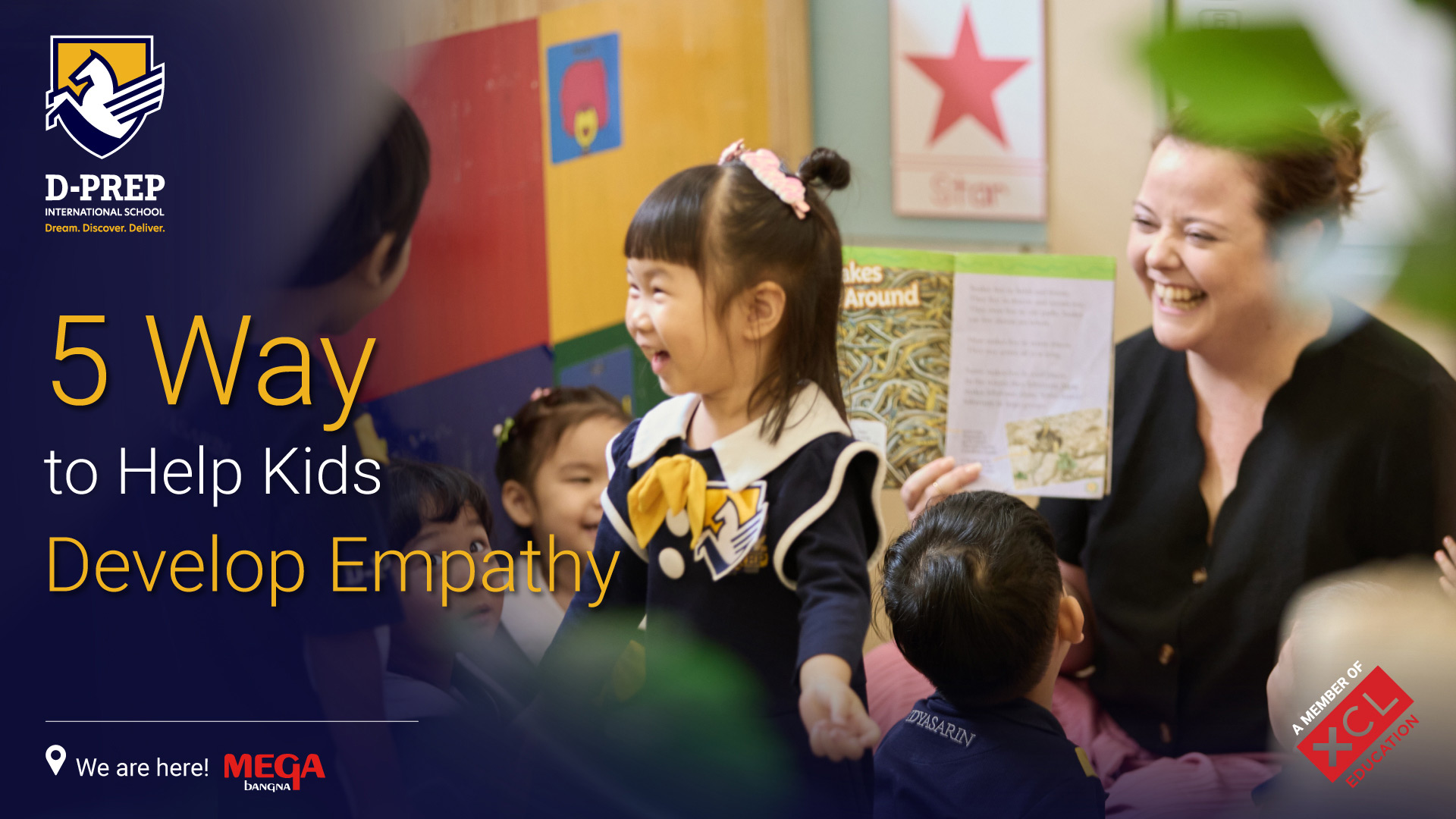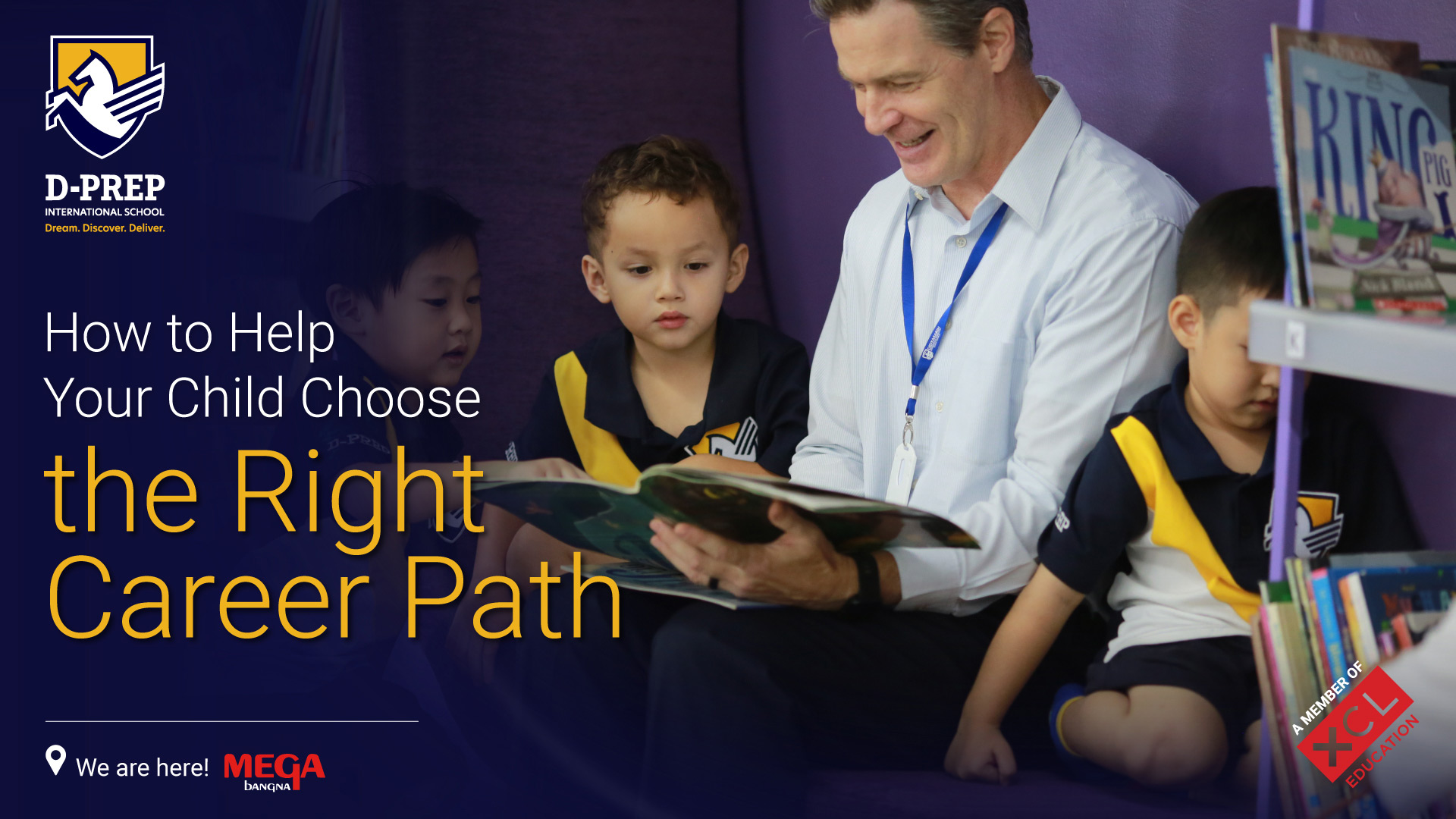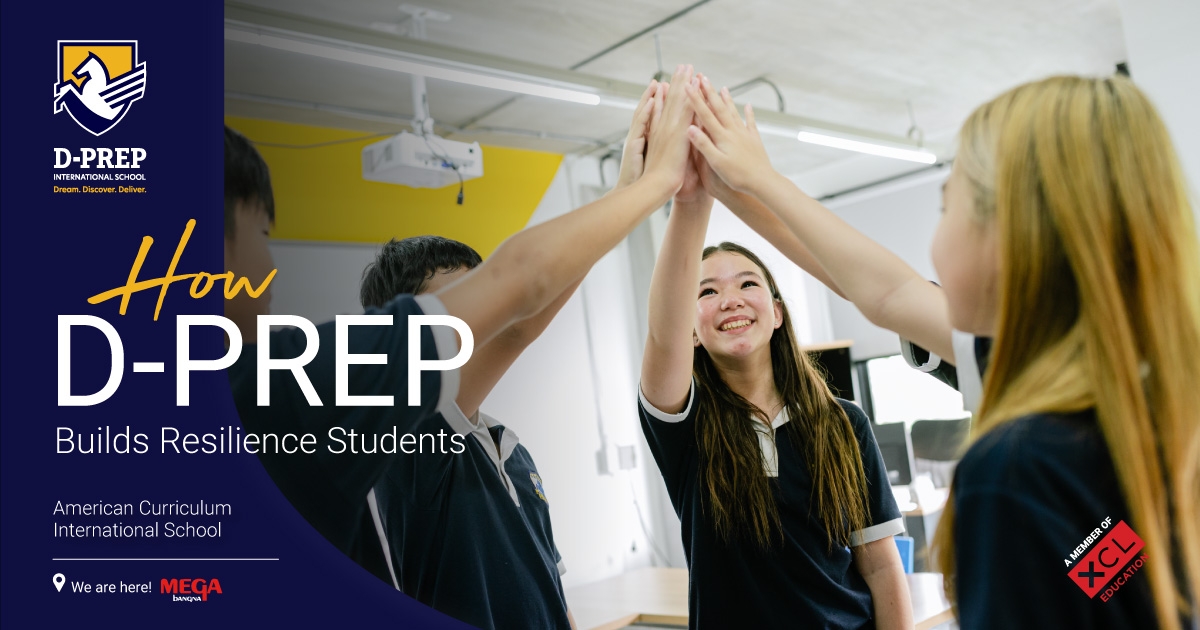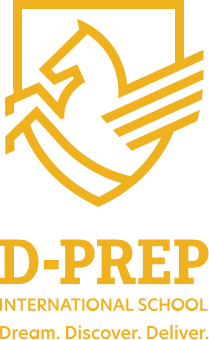In today’s rapidly changing world, fostering self-reliance in children is crucial to their development. Self-reliance goes beyond mere independence, empowering children to take control of their lives, make informed decisions, and confidently tackle challenges. As parents, educators, and caregivers, it is essential to guide children to become self-reliant individuals who are well-prepared for the complexities of adulthood.
What it Means to Be Self-reliant
Being self-reliant means being able to depend on oneself emotionally and practically. It involves a sense of autonomy, resilience, and confidence to navigate life’s challenges. Self-reliant people possess problem-solving skills, a growth mindset, and the ability to adapt to change. These qualities lead to personal success and contribute to society’s overall well-being.
Self-reliant vs. Dependent Child
A self-reliant child can make decisions, manage tasks, and cope with challenges with minimal guidance. They possess a strong sense of responsibility, take ownership of their action, and demonstrate a willingness to learn from their mistakes. Although self-reliant children are independent, they are also not afraid to ask for help and do not isolate themselves from others.
Dependent children, on the other hand, rely heavily on others for guidance, decision-making, and problem-solving. They may struggle when faced with unfamiliar situations and lack the confidence to explore and learn independently.
How to Teach Your Child to Be Self-Reliant

1. Encourage decision-making
As a parent or guardian, provide opportunities for your child to make choices from an early age. This can be as simple as deciding what to wear, to choosing extracurricular activities. This sense of freedom can help them become confident in their choices. As they grow older, involve them in decisions about their education and future goals.
2. Foster Problem-Solving Skills
Instead of immediately providing solutions, encourage your child to brainstorm and explore different approaches to challenges. Teach them that there are many solutions to one problem and that thinking outside the box is important. Another way to teach problem-solving skills in a fun and engaging way is through games. Puzzles and board games like chess teach kids to put themselves in their opponent’s shoes and think one step ahead. Ultimately, this helps them develop critical thinking and analytical skills.
3. Promote responsibility and accountability
Being a parent is no easy task, especially when juggling house chores and ensuring your child is not swallowing small pieces from their toys. One way to ease this problem and instill responsibility in them is to assign age-appropriate chores. This can be as simple as tidying up after themselves and putting their toys away once they’re done playing. This teaches children about accountability and the importance of contributing to the family and community.
4. Embrace failure and encourage them to learn from it
It’s only natural as a parent to want to keep your kids safe. However, overdoing this can do more harm than good. Instead, embrace failure and teach your children that it is a natural part of learning. Help them view mistakes as opportunities to grow and improve rather than as something to fear and be discouraged about.
Activities to Boost Self-Reliance in Kids
- Cooking – Involve your child in meal planning and preparation. This helps them develop practical skills while instilling a sense of self-sufficiency.
- Outdoor Exploration – Encourage outdoor activities like hiking, camping, or gardening. These experiences teach children to navigate unfamiliar environments and develop resilience.
- Creative Projects – Engage in art, science experiments, or DIY projects. These activities encourage children to explore, innovate, and find solutions independently.
- Timetable for Routine Chores – Make a timetable for kid-friendly chores they have to complete. The routine and checklist children can follow will teach them to finish what they begin and be patient with less enjoyable tasks.
How D-PREP Teaches Children to Be Self-Reliant

At D-PREP International School Bangna, we are committed to nurturing self-reliance in students through a multifaceted approach encompassing various teaching strategies. At the forefront of this is our dedication to student-centered learning. By tailoring instruction to individual student’s needs, interests, and learning styles, we empower them to take ownership of their education. This fosters independence and encourages critical thinking, problem-solving, and decision-making skills. D-PREP students actively participate in their learning journey, cultivating confidence and self-reliance.
Aside from student-centered learning, D-PREP also strongly emphasizes life skills education. Our life skills framework consists of 4 pillars: Self-understanding, Social Understanding, Livelihood, and Active Citizenship. Academic success is only part of the equation for a well-rounded individual. By instilling the life skills framework, we ensure that the students have the tools necessary to navigate the complexities of adulthood and can independently manage various aspects of their lives.

Extracurricular activities and Outbound experiences also contribute to our mission of fostering self-reliance. D-PREP offers diverse extracurricular programs that allow students to explore their interests beyond the classroom, building self-confidence and a sense of autonomy.
On the other hand, outbounds play an integral role in instilling responsibility and mindfulness. Outbounds are overnight, five-day activities outside the school wherein students are challenged to collaborate, communicate, and adapt to real-world settings. Taking students out of their comfort zones and placing them in unfamiliar environments encourages them to rely on themselves while fostering consideration for their peers and the people around them.
In a world that continues to evolve rapidly, equipping children with self-reliance is an invaluable gift. By nurturing their ability to think critically, solve problems, and adapt to new situations, we empower them to thrive in an ever-changing landscape. Whether through the guidance of parents, caregivers, or educational institutions, fostering self-reliance in children ensures that they grow into capable, confident, and resilient individuals prepared to make meaningful contributions to society.
If you are interested in visiting the school, please contact
Address :
D-PREP International School
38, 38/1-3, 39, Moo 6,
Bangna Trad Rd., Km. 8,
Bang Kaeo, Bang Phli District,
Samut Prakan, Thailand 10540
Email: info@lady
Google Map: https://info.dprep.ac.th/directions
Tel: 02-105-1757, 082-1515922
Website : www.dprep.ac.th
Facebook: DprepSchool
Line: @d-prep
IG : @dprepschool






